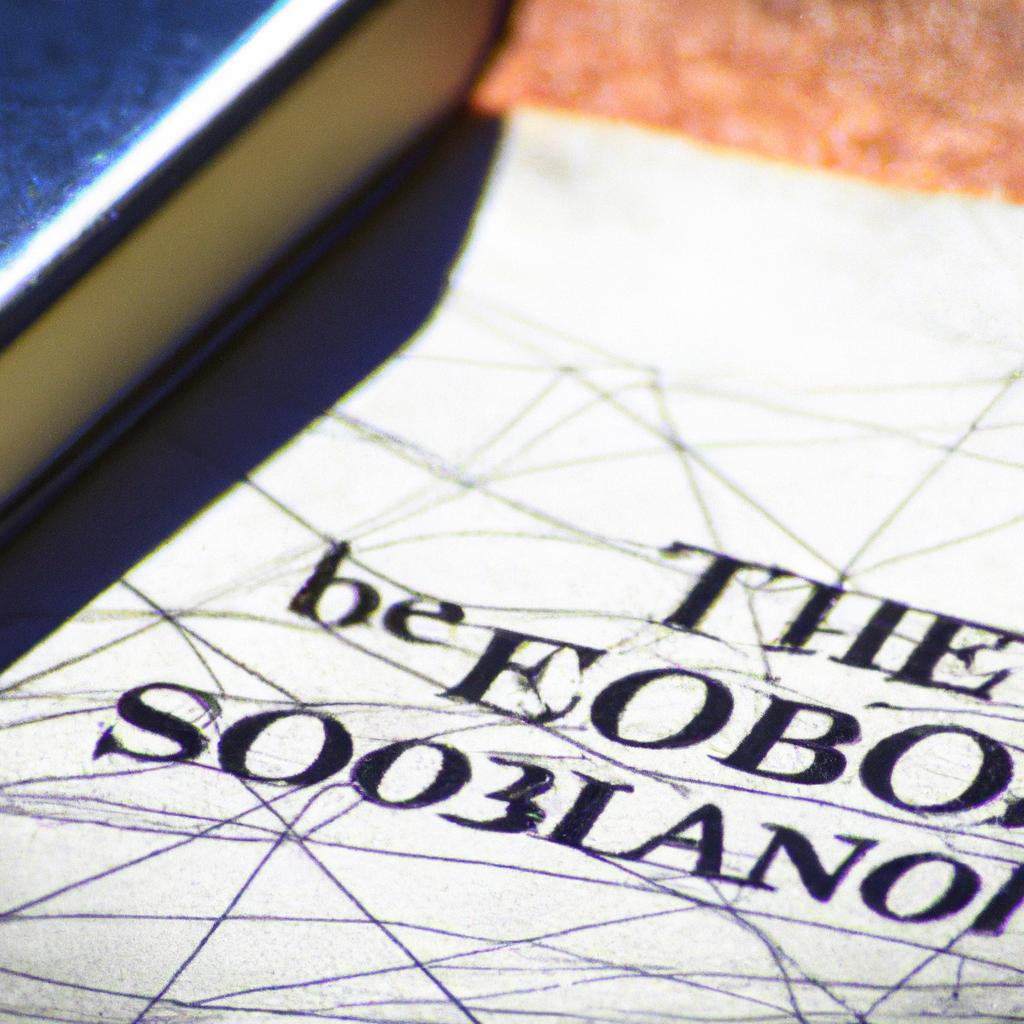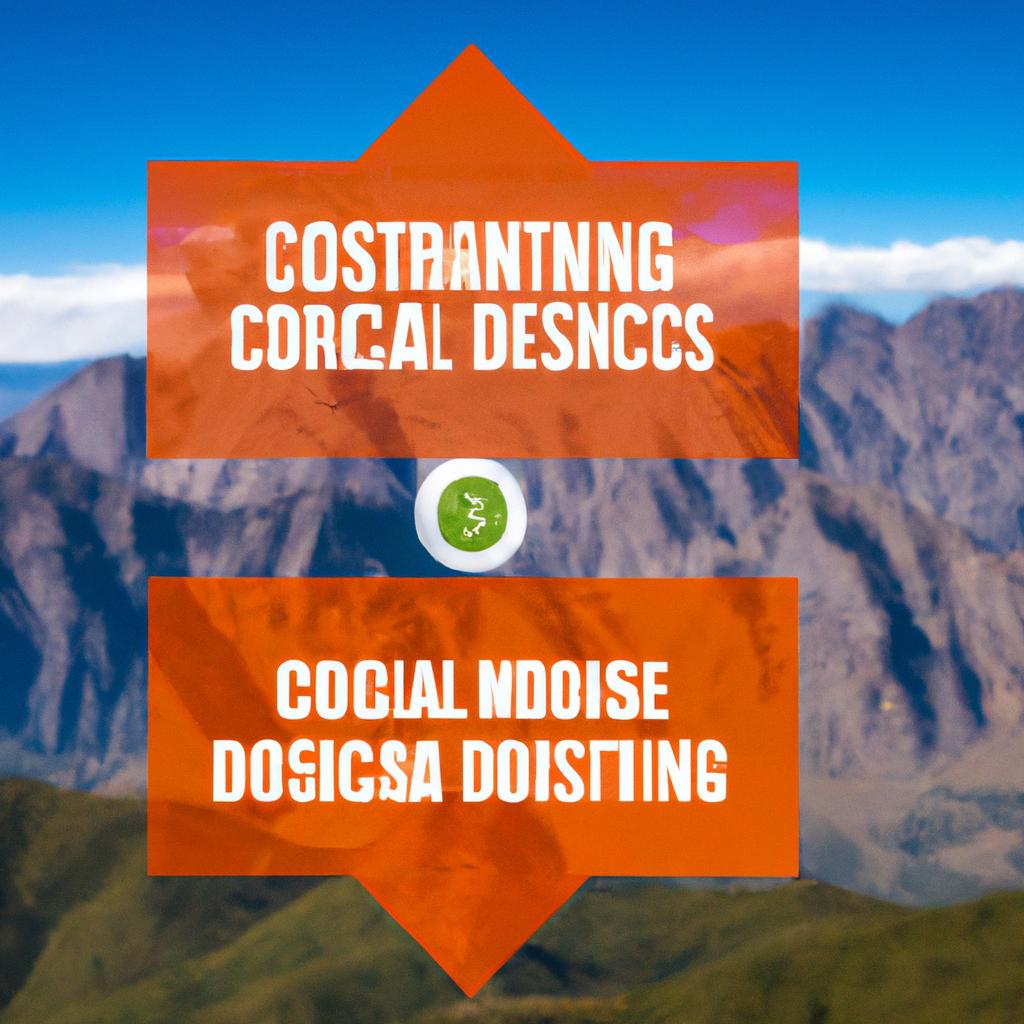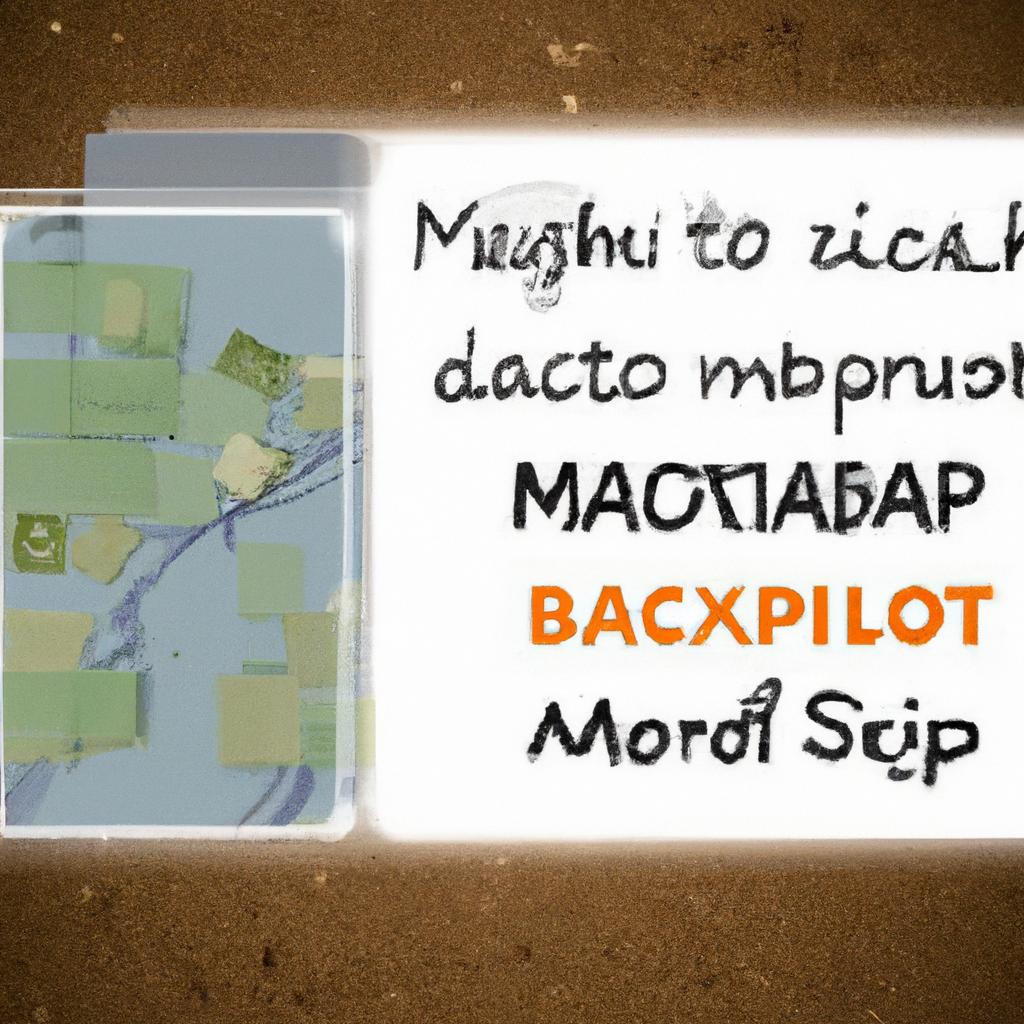One year ago, Spain opened its doors to a new wave of residents – digital nomads. The country launched its highly anticipated digital nomad visa, inviting remote workers from around the globe to trade in their bustling city offices for sun-kissed beaches and historic streets. As the honeymoon phase begins to fade, we take a closer look at how these new arrivals are integrating into Spanish society, and how the locals are adjusting to their presence. Join us as we explore the impact of Spain’s digital nomad visa one year on, and delve into the evolving relationship between these modern wanderers and their new neighbors.
Exploring the Impact of Spain’s Digital Nomad Visa on Local Communities
As Spain’s digital nomad visa reaches its one-year mark, the impact on local communities is becoming more evident. Remote workers from around the world have flocked to Spain to take advantage of this visa, bringing with them a diverse range of skills and experiences.
While some locals have embraced the presence of digital nomads, others have expressed concerns about the rising cost of living in popular cities and towns. However, initiatives such as community events, language exchanges, and volunteer programs are helping to bridge the gap between remote workers and locals, fostering a sense of understanding and collaboration.

Challenges Faced by Digital Nomads Integrating into Spanish Society
As the one-year mark since the introduction of Spain’s digital nomad visa approaches, it is essential to reflect on the challenges faced by remote workers integrating into Spanish society. One notable obstacle is the language barrier, with many digital nomads struggling to communicate effectively with locals in Spanish. This can lead to misunderstandings and hinder the ability to fully immerse oneself in the culture.
Another challenge is the cultural differences between digital nomads and locals in Spain. Remote workers may find it challenging to adapt to the laid-back Spanish lifestyle, where siestas and late-night dinners are the norm. This can result in clashes with work schedules and social activities, making it harder for digital nomads to feel truly integrated into the local community.

Success Stories: Building Connections between Remote Workers and Locals
One year after the introduction of Spain’s digital nomad visa, remote workers and locals are thriving in their newfound connections. The program has successfully bridged the gap between individuals from different backgrounds, fostering a sense of community and collaboration. Through shared experiences and cultural exchanges, remote workers have been able to integrate seamlessly into Spanish society, while locals have embraced the opportunity to learn from their new international neighbors.
Building connections between remote workers and locals has led to a range of success stories across Spain. From collaborative projects and business partnerships to lasting friendships and cultural exchanges, the digital nomad visa program has facilitated meaningful relationships that extend beyond professional interactions. As remote workers continue to explore the beauty and diversity of Spain, they are not only contributing to the local economy but also enriching the cultural fabric of their adopted communities.

Strategies for Enhancing Cross-Cultural Collaboration in a Digital Nomad Environment
Despite the initial excitement surrounding Spain’s digital nomad visa, there have been some challenges when it comes to enhancing cross-cultural collaboration between remote workers and locals. To overcome these obstacles, it is important for both parties to adopt strategies that promote understanding, communication, and mutual respect.
One effective strategy is to organize cultural exchange activities that allow digital nomads and locals to interact in a relaxed and informal setting. This can include language exchange meetups, cooking classes to learn local dishes, or art workshops to showcase different creative expressions. By engaging in these activities together, both groups can gain a deeper appreciation for each other’s cultures and foster stronger connections. Additionally, setting clear expectations and boundaries, as well as actively listening to each other’s perspectives, can help prevent misunderstandings and build trust in a multicultural digital nomad environment.
Concluding Remarks
As Spain’s digital nomad visa approaches its one-year mark, the relationship between remote workers and locals has been a fascinating journey of adjustment and adaptation. While challenges and misunderstandings are inevitable in any new venture, the potential for increased collaboration and understanding between these two groups is an exciting prospect. As this unique experiment continues to unfold, only time will tell how remote workers and locals will continue to interact and shape the future of this dynamic relationship in the vibrant and diverse setting of Spain.


